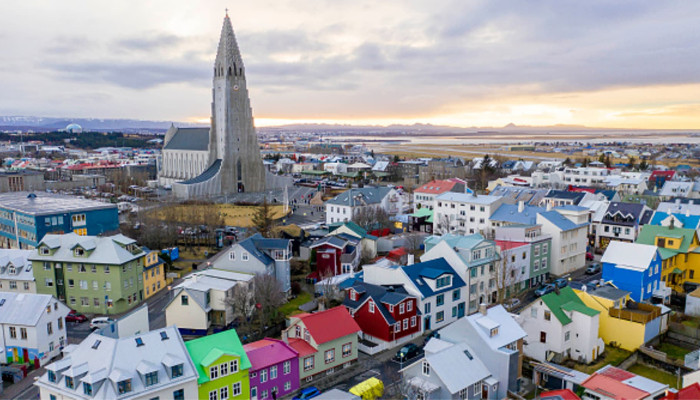Iceland embraced a shorter work week. Here's how it turned out
 1679 Saturday, 26 October, 2024, 21:30 Iceland’s economy is outperforming most European peers after the nationwide introduction of a shorter working week with no loss in pay, according to research released Friday. Between 2020 and 2022, 51 per cent of workers in the country had accepted the offer of shorter working hours, including a four-day week, two think tanks found, saying the figure is likely to be even higher today. Last year, Iceland logged faster economic growth than most European countries and its unemployment rate is one of the lowest in Europe, noted the Autonomy Institute in the United Kingdom and Iceland’s Association for Sustainability and Democracy (Alda). “This study shows a real success story: shorter working hours have become widespread in Iceland… and the economy is strong across a number of indicators,” Gudmundur D. Haraldsson, a researcher at Alda, said in a statement. In two large trials between 2015 and 2019, public sector employees in Iceland worked 35-36 hours per week, with no reduction in pay. Many participants had previously worked 40 hours a week. The trials involved 2,500 people — more than 1 per cent of Iceland’s working population at the time — and were aimed at maintaining or increasing productivity while improving work-life balance. Researchers found that productivity stayed the same or improved in most workplaces, while workers’ wellbeing increased “dramatically” on a range of measures, from perceived stress and burnout to health and work-life balance. Following the trials, Icelandic trade unions negotiated reductions in working hours for tens of thousands of their members across the country. Economic ‘vitality’ However, the IMF forecasts considerably slower growth in Iceland this year and next. “Growth is expected to decline … in 2024 on further softening domestic demand and decelerating growth in tourism spending,” the agency said of the tourism-dependent economy in an assessment in July. Iceland’s low unemployment rate is “a strong indicator of the economy’s vitality,” the Autonomy Institute and Alda also said. According to the IMF’s World Economic Outlook, that rate stood at 3.4 per cent last year, just over half the average for advanced European economies. The agency expects it to tick up slightly to 3.8 per cent this year and next. |

Iranian authorities release list of names of 2,986 victims of unrest
40110:12
Axios: Trump remains open to a diplomatic solution with Iran
68400:50
AI Agents Launched a Social Network and Spawned a Digital Religion Overnight
843Yesterday, 20:18
Iranian drone conducts reconnaissance over Gulf of Oman amid military drills
710Yesterday, 18:43
Serbian president warns of US strikes on Iran within 48 hours
853Yesterday, 18:04
A senior Iranian security official said Saturday that a structure for talks with the United States is being set up
80431.01.2026, 23:33
Massive trove of Epstein files released by DOJ, including 3 million documents and photos
107631.01.2026, 19:40
Israeli officials deny involvement as two blasts rock Iran
82131.01.2026, 19:07
